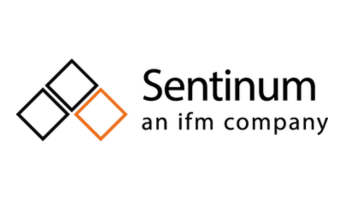
Geographical Focus: Europe
Categories:
Design, End node (sensors or other devices), General consulting (design and development), Hardware, Management / Monitoring, Platform, Services
Commercial Contact:
Technical Contact:
Sentinum GmbH
Verticals:
Read the latest Beecham Research report: Leveraging LoRaWAN® for Smart Cities. Download Now

Adopter
Geographical Focus: Europe
Categories:
Design, End node (sensors or other devices), General consulting (design and development), Hardware, Management / Monitoring, Platform, Services
Commercial Contact:
Technical Contact:
Something false on this page? Report
LoRa Alliance®
39221 Paseo Padre Pkwy, Suite J
Fremont, CA 94538
LoRaWAN certification is crucial as it ensures that your device complies with industry standards, providing customers with confidence in its performance and reliability. LoRaWAN certification not only helps to ensure device interoperability within the vast LoRaWAN ecosystem while assuring customers of its security and operational efficiency. By choosing certified devices, customers can minimize integration challenges and reduce the risks associated with network deployment. Ultimately, certification adds value by fostering trust and promoting a seamless user experience.
The LoRa Alliance offers unparalleled regulatory support to its members, actively engaging with global regulatory bodies to shape favorable spectrum policies and industry standards. As a member, you’ll benefit from the alliance’s expertise in navigating complex global and local regulations, ensuring compliance and accelerating your market entry. Joining the LoRa Alliance empowers your business to influence regulatory decisions and stay ahead of evolving standards, giving you a critical edge in deploying LoRaWAN solutions worldwide.
NetID for unique identification of your networks and device addresses.
VendorID for unique identification of your products, ability to generate standard device-identifying QR codes (using own VendorID).
As a member of the LoRa Alliance, your organization can engage in any of our working groups dedicated to enhancing and advancing the LoRaWAN standard while fostering global market awareness and adoption. Below is a list of our current working groups and task forces for your reference.